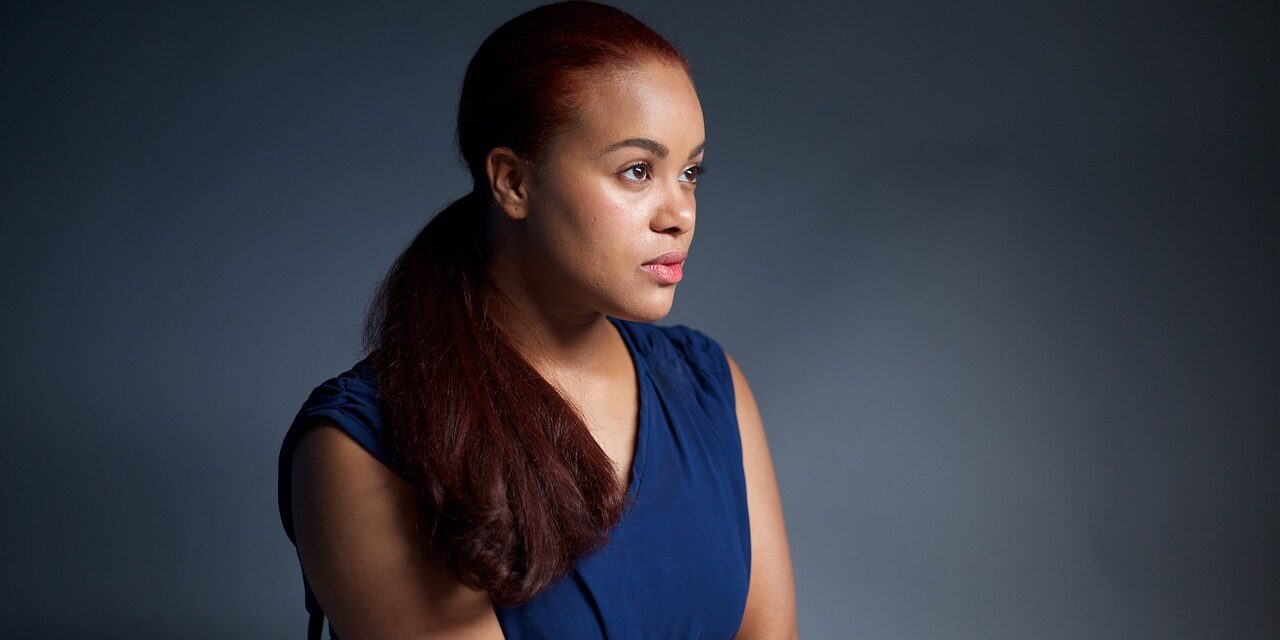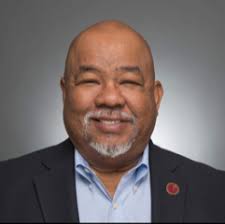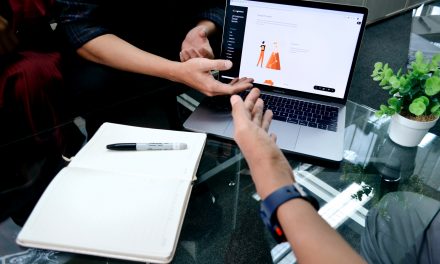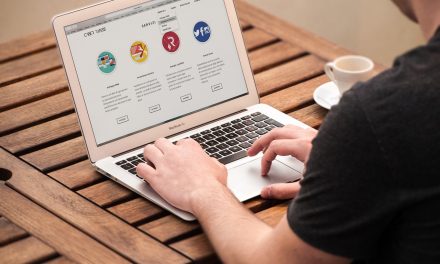Image by laughingfire from Pixabay
“Life’s most persistent and urgent question is: What are you doing for others?”
-Martin Luther King, Jr.
What about helping people to achieve their entrepreneurial dreams? New entrepreneurs often fail for a variety of reasons, from a lack of vision to a lack of expertise. But hope for ambitious minority entrepreneurs is available thanks to a nonprofit, Polk Institute Foundation (polkinstitute.org).
The organization provides stellar training in “social entrepreneurship.” In other words, the founder of Polk Institute Foundation is Gary L. Polk, Sr., who believes in others develop a passion for business and compassion for others.
Gary L. Polk, Sr.
He and his organization have embarked on a mission to launch 1,000 entrepreneurships, and as a nonprofit seeks donations for its mission.
Here’s a Q and A with Mr. Polk:
Briefly, Mr. Polk, what is your background?
I earned my BA from Loyola Marymount University in Los Angeles, and earned my Master of Science in Administration at CSUDH in Carson, CA. After starting my professional career in Banking for 10 years, I have also worked in the insurance industry for 10 years, been a High School and College Basketball coach, and a University Professor for the past 33 years starting at CSU, Northridge and now at CSU, Dominguez Hills (CSUDH). In between I have run two business Incubators.
Why and when did you launch Polk Institute?
In the midst of the Covid19 pandemic, we wanted to create a positive force out of the negativity that surrounded this dreaded disease. We wanted to provide training and technical assistance to target underrepresented Black and Brown entrepreneurs, plus Women and Veteran Entrepreneurs. Our mission is to serve social entrepreneurs to help make the world a better place. We foster the triple bottom line, People + Planet + Profit. We founded our nonprofit 501(c) (3), the Polk Institute Foundation, in September 2020.
Overall, what and how are your organization’s approach?
OUR WHAT: We provide practitioner-driven entrepreneur training and technical assistance to entrepreneurs. Our overarching goal is to develop fundable CEOs. We believe that, if coachable, entrepreneurship can be taught. We use the cohort training model. We are industry agnostic. Instead, we focus on entrepreneurs who are coachable, have grit (not quitters) and most importantly clients that are interested in building a sustainable business that will reach $1,000,000 in sales in the next three to five years. We do not target micropreneurs or solo entrepreneurs. We believe that entrepreneurship is a team sport. We believe that business success is not an “overnight success, but a journey that could take 20 years.
OUR HOW: With that in mind, we take the long-term route to our training methodology. We provide an 11-Month Incubator Cohort program for the ideation to the go to market stage for startups and pre-revenue companies.
Please elaborate on your “cohort-model” approach.
We provide an 11-Month Accelerator Cohort program that is mentor-driven and focuses on the capital readiness stage for companies in business from one to nine years. Both of these programs are tuition-free and we use Zoom technology for our Workshop and 1-1 Coaching. We conclude our Accelerator with an Alumni Program and continue our training process. Also, we have a Legacy Cohort that targets businesses that have operated for 10 years or more and need a management succession plan or exit strategy, or both. This program has a monthly membership fee and includes monthly meetings where CEOs come together to form an Advisory Board type scenario that focuses on problem solving with fellow CEOs. We also bring in Subject Matter Experts to continue the education and training process. This groups overarching goal is to ensure that wealth is transferred backwards to future generations.
What is your No. 1 value?
Character – Doing the right thing when no one is watching.
Why do companies fail?
Beyond the traditional reasons such as lack of access to capital, lack of capital, and timing we believe that 1) entrepreneurs do not get the right help, and 1) many entrepreneurs launch their business without a proof of concept. We focus on the latter two. While entrepreneurship is a failure and blood sport failure are one of our organization values, but in a positive context. Failure used to learn and grow becomes a positive. Failure is oftentimes the best teacher in the world, so long as we do not let it stop or defeat us!
How do you define social entrepreneurship and why is it good for business?
Entrepreneurs that want to do good while doing well. Entrepreneurs that foster the Triple Bottom Line (TPL) or the Three Ps of People, Planet, Profit. It is NOT a zero-sum game as all three can coexist.
What is the scope of subjects you teach?
The Fundable CEO and Ethical Leadership, Intro and Advanced Social Entrepreneurship, How to Build a Founding Team, Entrepreneurial Finance, HR Basics and HR Law, Operations, Mental Fitness for Entrepreneurs, Proof of Concept, Marketing and Branding Using AI, Personal Selling & Overcoming Objections, Legal Forms of
Business, Know Your Banker to name a few.
Your writings focus on “fail to win.” What are some examples?
Our emphasis is on how “To Win” in the blood sport called entrepreneurship. We provide tools, resources, case studies, and real-life stories all devoted to help entrepreneurs from a practitioner’s point of view.
Your focus on emotional intelligence is terrific. How do you teach people to acquire EQ?
This comes into play when building a Founding Team. Specifically, the ideal team player is one that is humble, hungry, and smart. Not smart on an IQ level, but more importantly on an EQ level. We foster principles written by Patrick Lencioni in his book, “The Ideal Team Player.”
What are your greatest needs as a non-profit to achieve your goals?
Fundraising is our biggest challenge and need. We need to raise $1,000,000 over the next year, and $225 million over the next three to five years to ensure our sustainable business over the next 20 years.
What else would you like to add?
This is a great time to become an entrepreneur. There are more resources and technology available than ever before. Although still a failure sport, with the right help, the success rate can increase. The Polk Institute is here to provide that right help. We foster Social Entrepreneurship as we believe that is the right way to conduct business. The business of business should not be profit. It should be based on Social Entrepreneurship and the TPL, People, Planet, Profit.
From the Coach’s Corner, see a myriad of helpful business strategies:
5 Steps to Consider before Walking Away from New Business — Depending on your situation, it might strike you as odd that some businesspeople risk walking a financial tightrope by walking away from new business. Be careful about risks before you decide to walk away from a good opportunity for growth.
Strategies and Decisions for Best Practices in Risk Management — To prevent a crisis from interfering with the continuity of your business, you must strategically plan to manage any potential risks.
Public Relations Expert Provides Crisis Management Tips — Appearances count. But universities, presidential candidates and businesses have all demonstrated a lack of awareness about good public relations.
Secret to Success in a Weak Economy: Expand Marketing — Authoritative research continues to show businesses are self-destructing when they cut back on marketing in downturns.
Great Managers Aren’t Born. They’re Made. Here’s How. — Virtually all managers have skill gaps until they’re trained, mentored and study diligently for self-improvement. And they need to stay current. Here’s what to know.
Be the change the world needs by helping others.
__________







